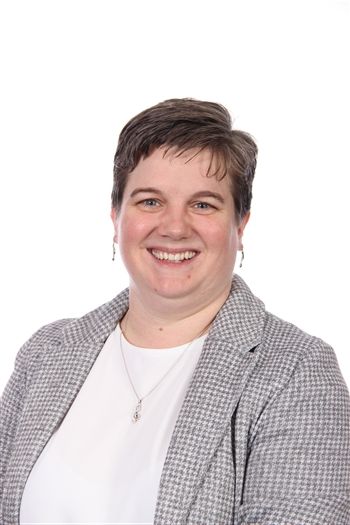Music
The arts have the power to change lives. All students at Hungerhill, no matter what their ability or experience, are treated as musicians, and are supported to learn and develop. Our aim is to enthuse, enrich and extend student learning by engaging them in practical opportunities in a variety of styles and genres, through performing, listening, composing, improvising, working on a range of instruments and using technology.
Our curriculum will:
Develop the character of all students
We expect our students to be willing to give new experiences a go and be resilient in their efforts towards mastery. We aim to provide performing opportunities to help raise self-esteem so that young people can become confident performers, not just in the arts but in all aspects of their life, beyond school and in future employment.
Ensure all students are literate and numerate
Through music students are encouraged to read and research topics and composers/artists as well as take on the role of a music journalist in reviewing music. They will encounter numerical concepts in relation to note durations and subdivisions of beats.
Build knowledge and aspirations of all students
We aim to develop knowledge and skills which will allow young people to continue with the arts in their own time and even past their school life. Students learn and develop new skills and knowledge that builds on prior learning with learning episodes coherently planned and sequenced to connect learning and develop understanding. Students are provided with the opportunity to master skills, deepen understanding and succeed.
Ensure all students have the secure foundations to progress into further education and employment
It is well recognised that studying the arts can help to develop the skills, attitudes and attributes that can support learning in general. This includes listening skills, the ability to concentrate, creativity, increased co-ordination and dexterity, perseverance, the ability to work in a group, self-confidence and sensitivity towards others.
We aim to provide events and opportunities for our students that not only encourage enjoyment in the arts and opportunities to perform with others whilst developing subject specific skills but to also learn about professionalism and performance discipline.
Develop cultural capital of all students
We aim to immerse students in a wide range of contexts and styles to develop their cultural understanding so that they can draw upon these to develop and justify opinions about music and performances.
Our aim is to give every child at Hungerhill access to high quality arts opportunities, regardless of circumstance or background. All students are provided with the opportunity to have instrumental lessons and work towards graded music examinations, attend varied extra-curricular clubs and progress to KS4 music courses.

Miss N Crowder
Trust Director of Performing Arts
Music KS3
- Ensemble and solo performing skills on voice, percussion, keyboards, guitar, bass guitar and drum kit
- Solo performance of short pieces on voice and/or keyboards
- Music technology skills
- The ingredients of a piece of music and how these are used
- Reading and writing of staff notation
- How to create and develop musical ideas
- Knowledge of specific styles of music
How parents/carers can help to support their child's learning in Key Stage 3:
- Encouragement to complete retrieval tasks around key vocabulary and notation
- Provide listening opportunities and discussion around styles and artists that you/family members like
Music KS4
|
Exam Board: RSL Qualification: Level 2 Certificate in Performance for Music Practitioners Assessment: 40% external assessment 60% internal assessment Graded at Pass, Merit or Distinction |
Outline of course content: You will develop your performing skills through our individual tuition with a specialist teacher on your chosen instrument or voice (free of charge) in both a solo and ensemble capacity.
|
|
Outline of course structure: Throughout the course you will develop the following skills/knowledge:
|
|
Careers using MusicWant to be a performer?For those who play to the highest standards, opportunities occur worldwide in popular music contexts, theatres, as ‘session players’ at recording studios, and in classical orchestras.
Teaching music also offers job possibilities, including school teaching, peripatetic work, and private tuition.
Those with music ability and also other technical skills might consider sound engineering, recording, radio production, and broadcast work.
Working to promote events and music concerts may also appeal to those with a background in music.
Related jobs also include working in music shops, music journalism, and DJ’ing.
Music therapy is a small branch within the medical profession where music skills are occasionally used to help people address medical conditions. Progression:For those wanting to study further within education, lots of schools/colleges offer Level 3 qualifications in both Music Practice and Music Technology. Many Universities or specialist colleges (Leeds College of Music, BIMM) offer music degrees covering a wide range of skills and interests, e.g. performance, popular music, sound production, studio production, music business, event management. |
|

